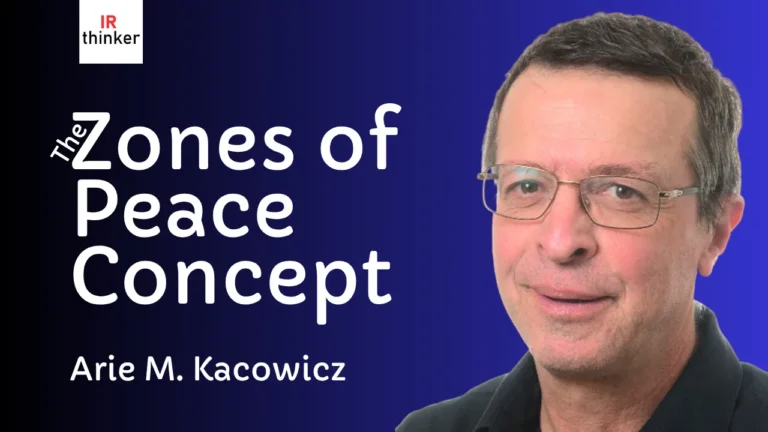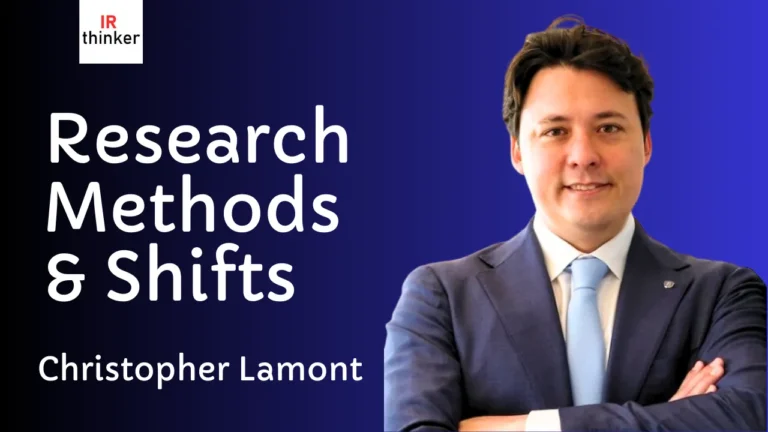
In this episode, Chenggang Xu discusses the ideas behind Institutional Genes and how they explain the evolution of political systems from imperial China to modern authoritarian regimes. Join us for a deep dive into the hidden structures that shape power, governance, and global politics.
Content
- Why this book? The story behind ‘Institutional Genes’
- Defining ‘institution’ in the institutional genes framework
- Opening the black box: How institutional genes explain political change
- The concept of ‘stemness’ explained
- Imperial China vs European monarchies: Why China was more autocratic
- The three Russian genes that created Bolshevism
- Mao’s fusion: Marx plus Qin Shi Huang
- Soviet vs Chinese communism: Key institutional differences
- Totalitarian or authoritarian? Defining modern China
- Tyrannical incentive-compatibility: How totalitarian systems motivate
- Will China face Soviet-style economic stagnation?
- Applying institutional genes to foreign policy
- Beyond domestic politics: Where else can we apply this framework?
Chenggang Xu
Chenggang Xu is a Senior Research Scholar, Stanford Center on China’s Economy and Institutions (SCCEI), and Visiting Fellow at the Hoover Institution.
His research spans institutional economics, political economy, and the Chinese political-economic system. He is known for the concept of regionally decentralised authoritarianism and, in his recent book Institutional Genes: Origins of China’s Institutions and Totalitarianism, explores why China’s institutions developed differently from other systems.
Chenggang Xu’s work is widely cited in both academic and policy circles, and he has been awarded the China Economics Prize and the Sun Yefang Economics Prize for his contributions.
Selected Publications:
C. Xu, Institutional genes. 2025. doi: 10.1017/9781108894708.
C. Xu, “The fundamental institutions of China’s reforms and development,” Journal of Economic Literature, vol. 49, no. 4, pp. 1076–1151, Dec. 2011, doi: 10.1257/jel.49.4.1076.
E. Maskin, Y. Qian, and C. Xu, “Incentives, information, and organizational form,” The Review of Economic Studies, vol. 67, no. 2, pp. 359–378, Apr. 2000, doi: 10.1111/1467-937x.00135.
D. Guo, K. Jiang, C. Xu, and X. Yang, “Industrial clustering, income and inequality in rural China,” World Development, vol. 154, p. 105878, Mar. 2022, doi: 10.1016/j.worlddev.2022.105878.
D. Guo, K. Jiang, C. Xu, and X. Yang, “Clustering, growth and inequality in China,” Journal of Economic Geography, vol. 20, no. 5, pp. 1207–1239, Dec. 2019, doi: 10.1093/jeg/lbz038.
J. Gan, Y. Guo, and C. Xu, “Decentralized privatization and change of control rights in China,” Review of Financial Studies, vol. 31, no. 10, pp. 3854–3894, Sep. 2017, doi: 10.1093/rfs/hhx100.
🎧 Stream Now
Apple Podcasts
Amazon Music
Spotify






